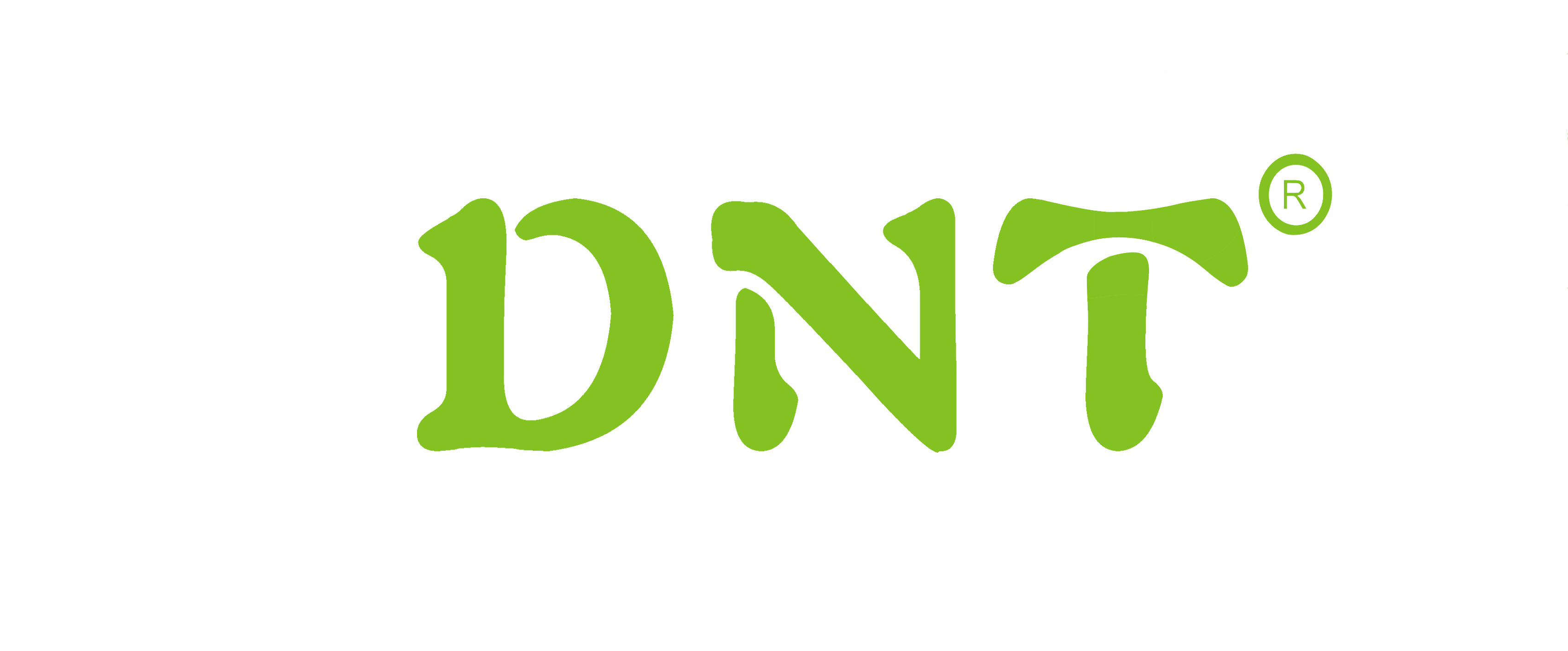5 Tips For Tackling Your First Big Car Repair
5 Tips For Tackling Your First Big Car Repair
So you want to graduate from oil changes to serious car repair. Welcome. But before you tear anything apart and find yourself in over your head, take these tips to heart.
You're a capable weekend car mechanic. You'vegot basic tools and skills. You've mastered oil changes and tire rotations. Butwhen a big repair comes along, it's decision time. Take it on yourself, or callin a pro?
That's the choice I faced at the end oflast summer, when my 1990 Mazda Miata suffered a crankshaft failure. Expectinga quick repair, I soon discovered the car needed a whole new engine—and Idiscovered this just after I'd disassembled it to the point that it couldn't beput back together.
Instead of paying a mechanic to mend myMiata, I decided to try replacing the engine myself. I did it—eventually—thoughI made plenty of rookie mistakes on the way. Here's what I learned.
Do Your Research
Aftermarket shop manuals are great forlearning the tools and parts you'll need, but they sometimes read like ageneral overview (step one: remove radiator, front bumper, and windshieldwasher reservoir). Internet forums can offer detailed instructions and tricksspecific to your car, usually with step-by-step photos. Unless you drivesomething really outlandish, there's probably a site like VWvortex orJeepsUnlimited to help you. But don't forget that Web forums, while helpful,are just Web forums. Get a factory service manual from your manufacturer ifyou're diving deep into a big repair.
Set Up Your Workspace
I started my teardown in the corner of myparents' two-car garage. I got all set to pull the engine when I discovered Ihad no room to maneuver my engine hoist. Even with two muscular brothers,moving a half-disassembled car was a masochist's game of Tetris. Sodon't make my mistake: Clear plenty of space before you start the job, andposition your car for maximum elbow room. I found the best spot was right inthe center of the garage, though not everyone in my family shared this view.
Expect It to Take Time
The first time doing a repair always takesthe longest. Tinkering on nights and weekends, my adventure lasted nearly amonth, far beyond what I'd anticipated. There were lots of trips for parts,tools, and advice, and times when sheer frustration halted my progress. Makealternative transportation plans before taking your car out of commission soyou don't get fired when your Saturday project is still in pieces on Mondaymorning.
Take Pictures, Make Notes, Label Everything
When you're on step two of a big job, it'stempting to think you'll remember which bolt goes where, but by step 14 you'llhave a plethora of fasteners, washers, and clips lying around that give noindication where they came from. Save yourself a thousand headaches by beingorganized from the start. Use sandwich bags, empty egg crates, and plenty oflabels. A phone camera and a dry-erase board are indispensable for noting thelayout of wires, cables, and brackets, and neither one will blow away behindthe workbench when you open the garage door.
Use a white-paint pen on metal parts toindicate where parts came from or their orientation. Choose a universalreference point, like "front of the car," "passenger side,"or "driver side," and label things with arrows and sides. Labelclearly based on situation too. Don't be afraid to write notes directly on thepart, or leave yourself notes about how things go back together, such as theorientation of the distributor relative to the block. Masking tape is also agreat tool as well. Loop it around a hose, wire, or connector and close a nice2-inch flap on the other side that you can use to label what it does or whereit goes.
Make a Final Checklist
There's a natural excitement to puttingeverything back together. You'll be tempted to hustle through the finaltouches. Don't. The last bit of wire routing, bolt tightening, or body-panelaligning is what separates a pro-quality repair from an embarrassing hack job,and if you slap it together for a test drive, you might never get around tocorrecting it. (Nobody's impressed by a guy in a Miata with no hood, frontfenders, or bumper—in case there was any doubt.)
So make yourself a exhaustive finalchecklist, including everything you need to inspect, double-check, torque, andtest before you put that machine back on the road. Go over it at your desk orat the dining table—not in the garage, where you'll be anxious to get going onyour first drive.








